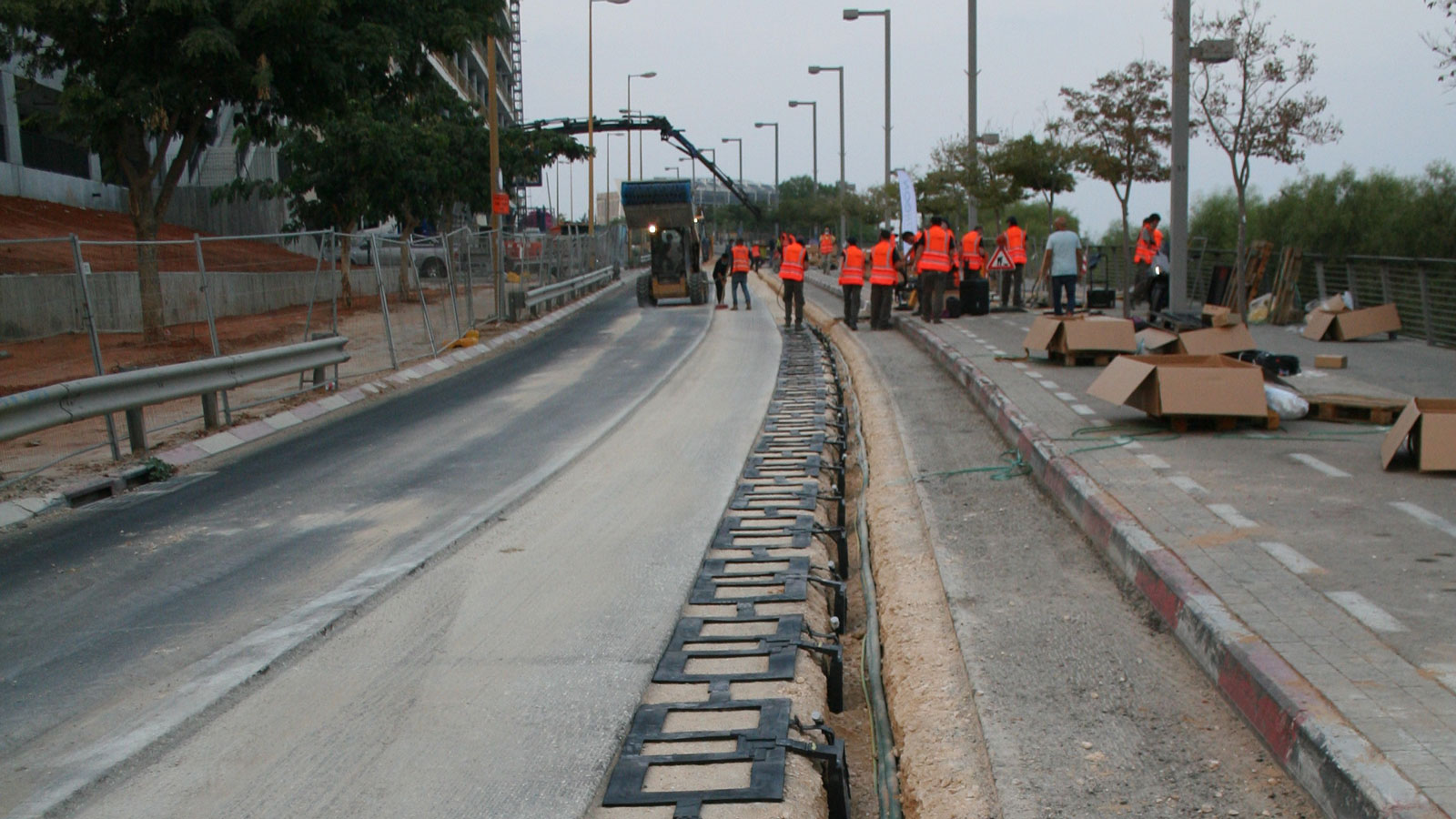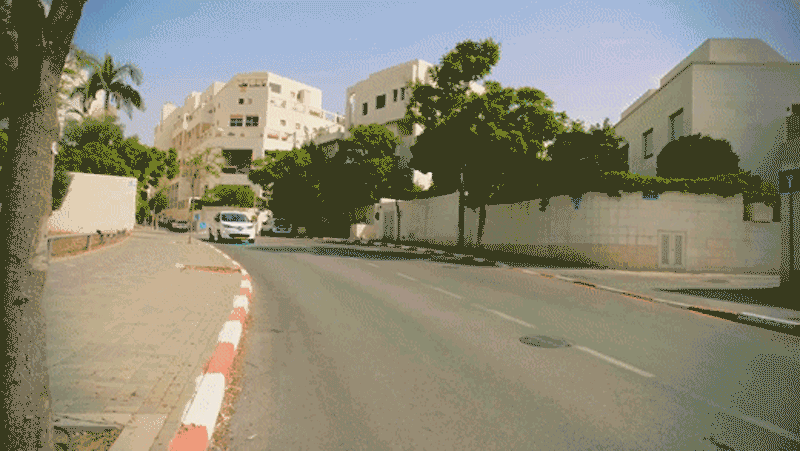Wireless Charging Highways Will Soon Face Their Toughest Challenge, Michigan
In Michigan, wireless charging tech will soon make the jump from phones and toothbrushes to electric cars.
One of the big worries people have around electric vehicles is how they are going to charge them. Now, an Israeli tech firm wants to quell these concerns by creating wireless charging roads. And it sounds like the technology could be ready to tackle its toughest challenge yet: Michigan.
Let me explain, electronics company Electreon Wireless, which is based in Beit Yanai in Israel, has developed wireless charging technology that can be installed in roads to power electric cars.
To do this, the firm installs copper wireless charging coils under the asphalt. Using induction, the coils transfer energy to a receiver that can be mounted on any kind of electric vehicle, such as trucks, buses and cars.
The firms says a small car would require just one receiver, while a large truck could need five or more.
Electreon Wireless says the tech will allow EVs to charge while driving, which could reduce the need for larger, expensive batteries in some electric cars.
So far, Electreon has created a 1,900 ft prototype road in Tel Aviv, Israel. It also has projects in development in Gotland, Sweden; Bergamo, Italy; and near Stuttgart, Germany.

Now, thanks to a partnership with Ford, the firm is bringing its high-tech highways to Detroit, Michigan.
The collaboration, which was approved by the State of Michigan Department of Transportation and the State Department of Future Transportation and Electrification, will see Electreon construct a one mile wireless charging road, as well as static wireless charging stations.
The State Department of Michigan has provided $1.9 million to help fund the project.
However, Electron was eager to highlight that it "cannot estimate the Michigan Project costs" as "the exact scope of the project is not yet known."
But building the new electric highway in Michigan brings with it issues that the roadways might not face in Tel Aviv. Namely, concerns over wintery conditions, snowplows and the overall state of Michigan's roads.
Well, to start with, Electron says "the energy transfer is not affected by snow and ice." So any EV drivers in passing over the roads won't suffer any unnecessary range anxiety.
Also, as the copper coils are installed beneath the asphalt, meaning that they won't be damaged by plows clearing the roads above in winter months.
But while the technology is said to last for "approximately 40 years", it could outlast the tarmac surface it lies below.
According to the Detroit Free Press, roads across the state have a lifespan of 20 years if well maintained. The state recently investigated building roads that could last up to 50 years, but warned that the cost of such highways could be "85% to 150% more".
That could pile on the costs if roadways need to outlast the technology that they could soon cover.
But, a drive to add wireless charging to roads would force the state to repair its crumbling highways in the process. And smoother roads is something we can all agree is only ever a good thing.
So if it already costs upwards of $1 million to resurface a mile of highway, should states be looking to ramp up the costs by adding these high-tech features?
Or, would you prefer they just focus on fixing the roadways we already have in place?
